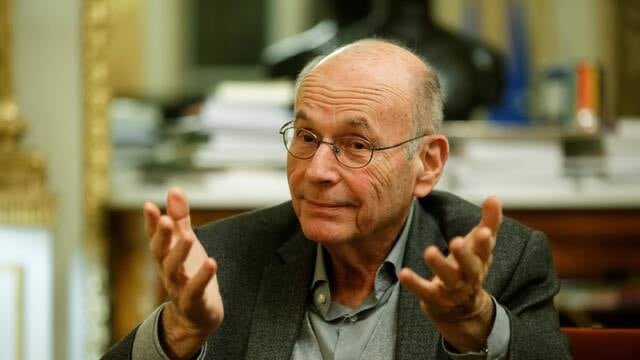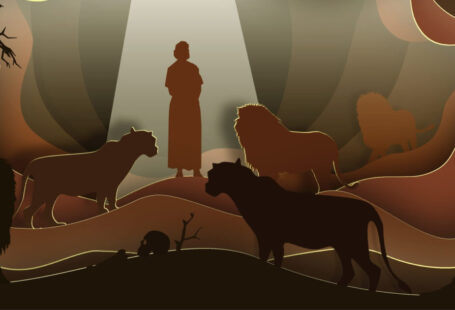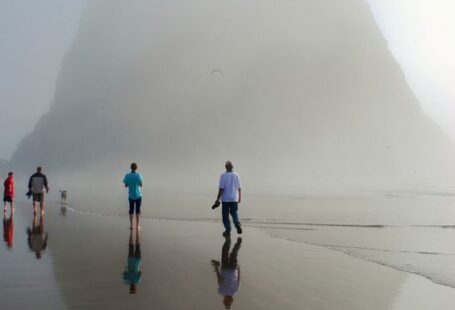
The renowned neuropsychiatrist Boris Cyrulnik links the present crisis with the race for the performance of our globalized societies.
He attributes the differences in individual reactions to crisis to the fact that people confronting it are not in equal terms and conditions. He lucidly explains the differing human condition :
Those who grew up in a stable and reassuring family, who have a good network of friends, those who have learned to communicate by telephone, will read, write, get back on the guitar, invent rituals, cope with the situation using these protective factors they have acquired during their previous developmental process. Conversely, those who have acquired factors of vulnerability, sensory isolation, emotional deficiencies, illnesses, social insecurity … may have more difficulty and even risk breaking out of confinement with trauma. They need more help.
Protection against the threats of this crisis is based on three axes which he recounts as :
Action, affection and reflection. The first two are natural tranquilizers which avoid chemical tranquilizers. For the action, you have to move at least an hour a day, which helps to secrete endorphins, outside if possible and otherwise by taking, for example, sports lessons on the internet. You have to have discipline. I also receive a lot of messages from people who start tinkering, repainting their shutters, these will be saved !
Affection is another tranquilizer. Confinement is an opportunity to make a declaration of attachment to our loved ones, to strengthen ties. During the wars, the soldiers often held up thanks to the letters of their close loved ones.
As third, reflection which can be meditation, spirituality if we are believers, reading, writing a diary that we will leave to our children, or even a novel ! Delving in allows you to find freedom and resources that will grow resilience. For the moment, we are facing the crisis. Resilience is the resumption of a new development after confinement, after trauma.
The challenging question is are we ready for this new development and which new path to take tomorrow?
We will have to try to start projects, which is an excellent boost, at the individual and collective level. And also look for the causes of the disaster. Why are there repeated epidemics? Our past culture accepted death. The individual was not of great value. There were millions of people dead during the First and Second World Wars, and during the Spanish flu. Women die in childbirth and babies often die in their first year of life. But we were resigned. “Inshallah,” says, said the Muslims. “We were punished by God because we did not believe enough,” said the Christians. And many still think so. […]
There is a risk of witnessing a revival of fanaticism. And since the virus is an invisible enemy, like the plague in the Middle Ages, some will seek scapegoats: the foreigner, the Jew, the neighbor, etc. A mechanism that adds unhappiness to unhappiness. But we’re still trying to be more scientific today, to look for rational causes for the problems.
He goes on succinctly explaining the causal relationships underlying the present crisis:
Now we consider that the person holds priority value. Women and men no longer want to submit to wars. But this new culture which values the individual is also at the source of the disaster. It is in the name of performance that forms of intensive farming have been developed that favor the birth of viruses. The technological race, transportation, international trade, globalization allowed the spread of the virus all over the planet. Only now, we realize that we prefer to have an economic failure rather than hundreds of thousands of deaths. We are witnessing a real revolution in thought, a revolution in the hierarchy of moral values, in ethos !
He depicts the picture of the world after coronavirus:
There is going to be a conflict between those who want continuity and those who want to change civilization. I already sense that economists will say “we know what to do to revive economic activity”, and surely they will reactivate the processes that led to the disaster, i.e. excessive consumption, the cultural sprint.
The question is: Are we going to let them do it?
In this fascinating debate, philosophers and scientists, democracy, journalists, novelists and wordsmiths will have to work together in the same construction site to decide together on the desired future.
Duygu Bruce
April 20, 2020
Excerpt from the interview on WeDemain.fr on March 20, 2020













Social Profiles